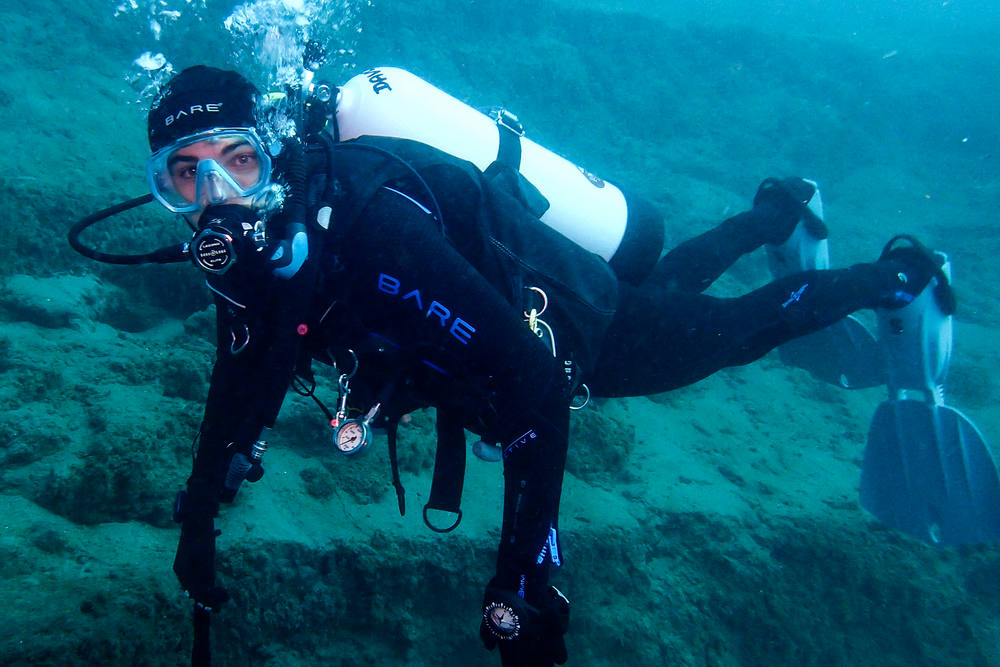Scuba diving offers an incredible opportunity to explore the underwater world but comes with unique risks that require preparation and awareness. Whether you’re new to diving or have years of experience, understanding and following key safety practices can help ensure every dive is safe and enjoyable. This guide will walk you through the essential safety guidelines to remember before and during your dive.
Plan Your Dive Thoroughly
Preparation is key to a safe diving experience. Always start with a detailed dive plan that includes depth limits, bottom time, and a clear understanding of the environment you’ll be entering. Discuss the plan with your dive buddy to ensure you’re both on the same page. Familiarize yourself with the dive site’s topography, water currents, and potential hazards. Remember, sticking to the plan reduces the likelihood of surprises underwater.
Check and Maintain Your Equipment
Your diving gear is your lifeline, so ensuring it’s in excellent condition is non-negotiable. Before diving:
- Inspect every piece of equipment, including your mask, regulator, buoyancy control device (BCD), and fins.
- Ensure your air tank is filled to the appropriate level, and double-check all connections.
- If you rent your equipment, spend extra time ensuring everything fits and functions properly.
Regular maintenance and inspections can prevent equipment-related emergencies during your dive.
Practice Effective Communication
Underwater communication can be challenging, so using standardized hand signals is vital. Before entering the water, review these signals with your dive buddy and agree on responses for everyday situations. Always stay within a comfortable distance of your buddy to maintain visual contact. Consistent communication ensures that you can quickly address any issues that may arise.
Monitor Your Air Supply and Depth
Keeping track of your air consumption and depth is one of the most critical aspects of safe diving. Constantly monitor your pressure gauge frequently, know how much air you need to ascend, and make a safe stop safely. Exceeding depth limits or losing track of time underwater can lead to dangerous situations, such as decompression sickness. Being mindful of these factors will allow you to enjoy your dive without unnecessary risk.
Stay Calm and Know Emergency Procedures
Even with the best preparation, emergencies can happen. Knowing how to respond calmly and effectively is crucial. Practice skills like sharing air with your buddy and performing emergency ascents in a controlled environment before you need them. Additionally, never ignore any unusual sensations or signs of distress; it’s better to end a dive early than to push through a potential issue.
Dive Safely, Dive Confidently
Scuba diving can be an exhilarating experience, but it requires responsibility and respect for the environment. You can maximize safety on every dive by planning thoroughly, maintaining your equipment, communicating effectively, monitoring your air supply, and staying calm in emergencies. Always prioritize your well-being and the well-being of your dive buddy to ensure every underwater adventure is as memorable as it is safe.
Dive Safely with the San Diego Scuba Guide
Scuba diving is an incredible way to experience the underwater world, but staying safe requires preparation and awareness. At San Diego Scuba Guide, we’re here to support you every step of the way. From expert advice on dive planning to thorough equipment checks and personalized guidance, we ensure your diving adventures are safe and enjoyable. Let us help you explore the ocean with confidence. Call us at (858) 397-8213 to get started on your next underwater journey.


